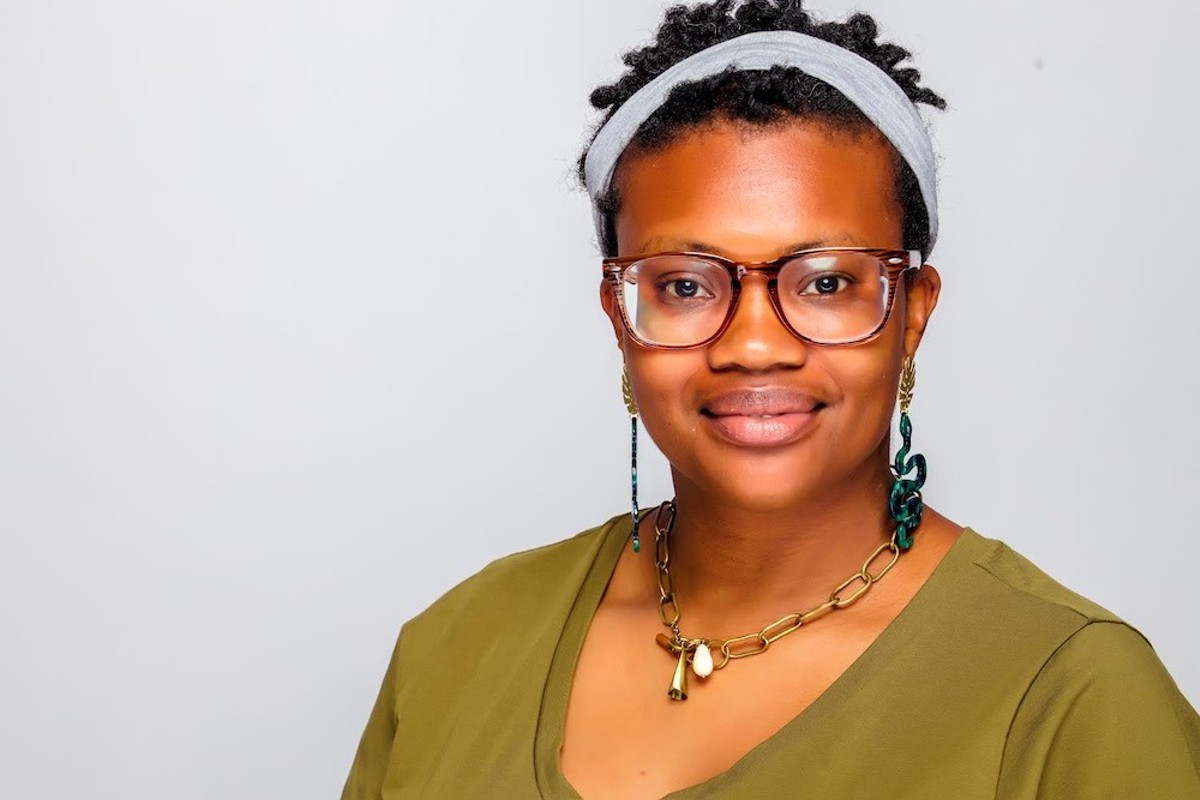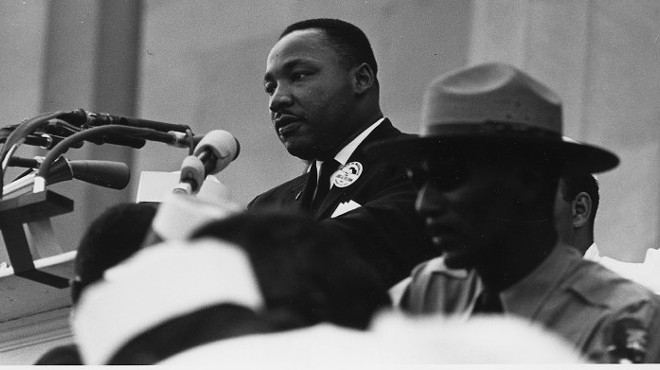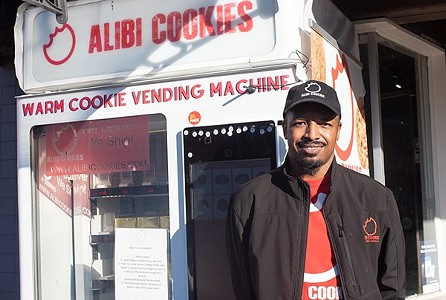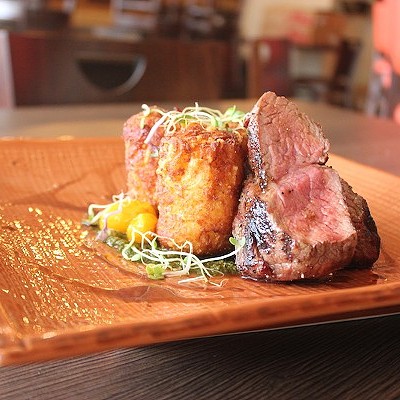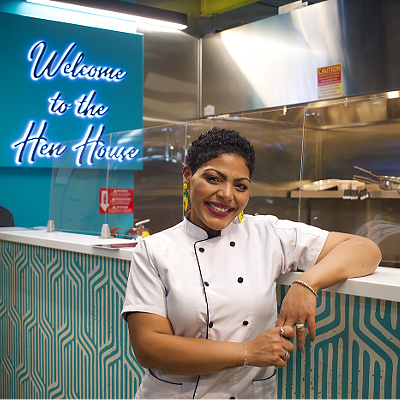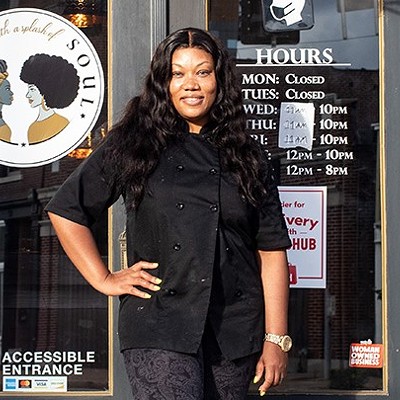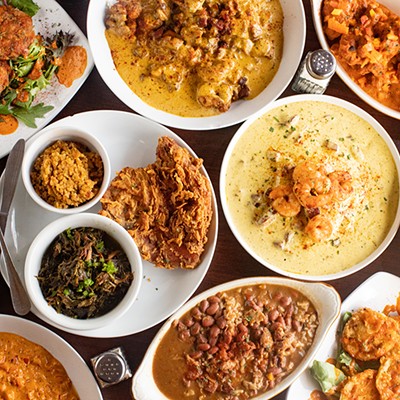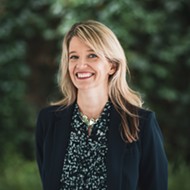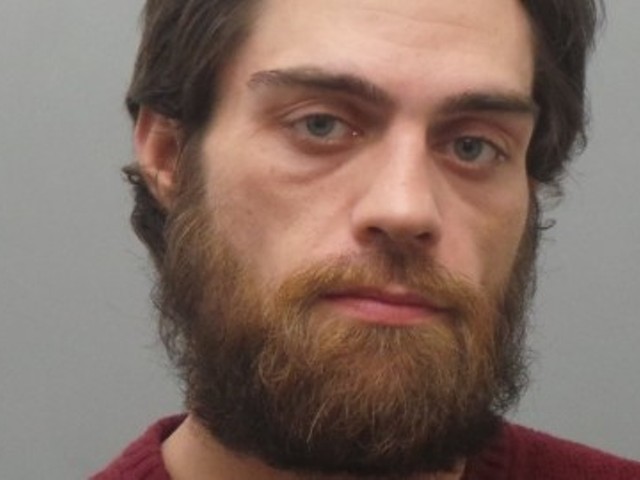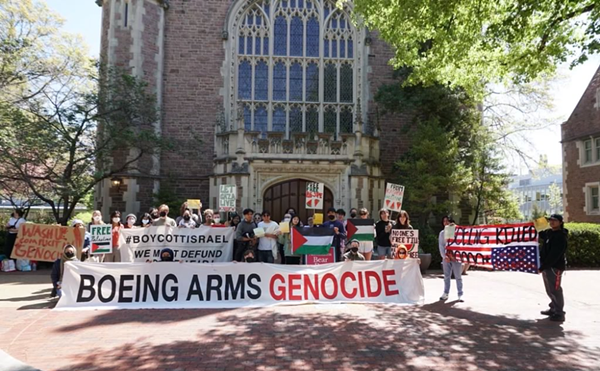Like the late Martin Luther King Jr., Michelle Higgins is both a pastor and an activist. Senior pastor at St. John’s Church the Beloved Community in north St. Louis, she sees her job not just to feed her flock Biblical truths but to push for change. We caught up with her recently to get her thoughts on King’s legacy, the book of James and just how long her sermons tend to be.
This conversation has been edited for length and clarity.
There was a TikTok discussion a few weeks back about how often men think about the Roman empire. As a preacher passionate about social justice, how often do you think about Martin Luther King Jr.?
I think of Dr. King a lot as a reverend — we always say "Dr. King," but he was a pastor. And that means so much to me as both a preacher and a protester. But when I think of him “often,” it is in the context of a great cloud of witnesses, as our faith tradition says. I think of Dr. King, I think of Diane Nash, I think of Bayard Rustin. I think of him as a pastor to the people and an organizer for the change that he preached about.
Within the Black church, there’s a long history of pastors being great civil rights leaders. What’s that pairing of faith and action about?
Well, for some of us in the Christian tradition, it simply comes from reading the book of James — a whole book in the New Testament that surely Thomas Jefferson ripped out of the Bible that he made. In James, there is so much to be said about faith and how faith requires work in order to be active and living. And so you've got a lot of pastors who saw their church buildings as not only a gathering space for spiritual health, but realized that a shift in material conditions was crucial to the success of any spiritual health campaign that they put on.
St. John's Church is proud to be the birthplace of Action St. Louis, and we were proud to have hosted one of the first freedom rides in 2014 after the murder of Michael Brown Jr. We're also proud to be a supporter and a partner to the international movement for Black lives. And we are only continuing the traditions that were begun at the very birth of the Black church, which itself was a resistance and a protest. The history of the AME, the Church of God in Christ and even multiple Baptist traditions, they broke away from the all-white led, grounded and founded church movements because there was no place for, and no humanizing of, Black people in them. The Black church itself is a marker of resistance.
Do you think about that every time you take the pulpit?
Absolutely. And one of the things that we advocate for at St. John's is harm reduction, via understanding trauma in our addiction advocacy programs. We talk often about loving the soul and the person that carries the soul and not judging them. We find ourselves ministering not only to the people in the pews, but longing to be a home for everyone under the shadow of the steeple. So that's every week. My sermons take about 20 hours to prepare.
Twenty hours? How long do you preach?
You know, my hope is about 20 minutes. But don’t ask any of our congregation. They’ll say, “She finds a way to preach the whole service!”
Some conservatives try to claim Dr. King’s legacy when they would probably agree with very few things that he did. If he was in St. Louis today, what do you think he would be focused on?
Well, one of the things that I can imagine Dr. King focusing on is the Bill of Rights for working people. We also have rights advocacy going on for sex workers. Spiritual practitioners and people of all faiths might shun away from thinking of sex work as work, they may shun the idea that addicted people each have life and a pattern and that unhoused people have in their hearts a purpose and real needs. That people who are furthest from the seat of power are experts in the fields that will bring abundance to their own lives. And I believe Dr. King would be focusing on those things.
I also believe that he would be advocating and debating with legislators concerning the expansion of the Child Tax Credit. We are at great risk of losing something that I think drew down poverty by over 50 percent over the course of 2020 and 2021. And I can see Dr. King translating those things as a pastor to the people who are most in need of these protections.
It sometimes feels like everything is so broken in St. Louis and in America right now. Do you personally agree that “the arc of the moral universe is long but it bends towards justice”?
I do think that. I believe that the power of the people proves the arc of the universe bends toward justice. Because no matter what empire across the world, no matter how little I know about beloved ones in Palestine, beloved ones in Congo, friends in Haiti, no matter how disconnected we seem, each of us longs for something so similar, it could almost be uniform. Our alignment is for material and emotional abundance.
It's really people power that proves to me in the end that the future is still very bright.
Follow us: Apple News | Google News | NewsBreak | Reddit | Instagram | Facebook | Twitter | Or sign up for our RSS Feed

